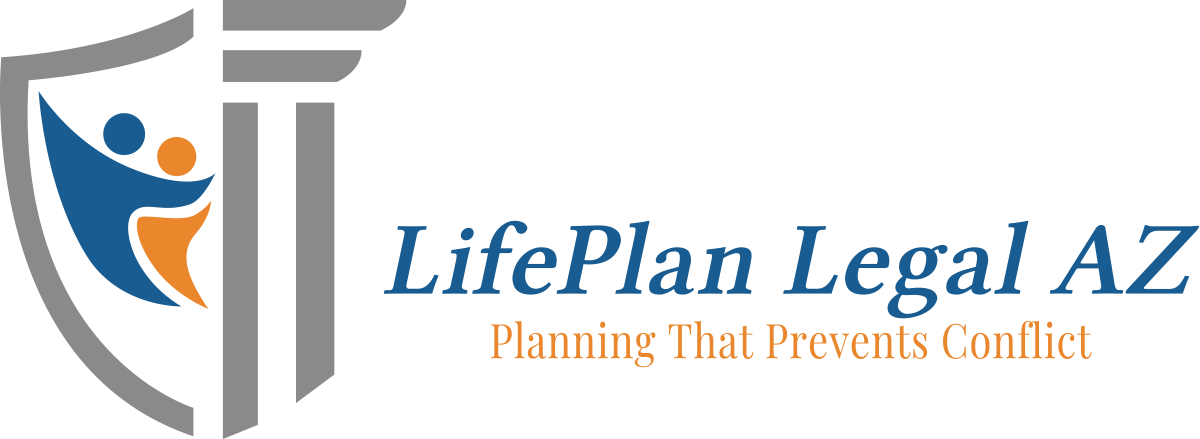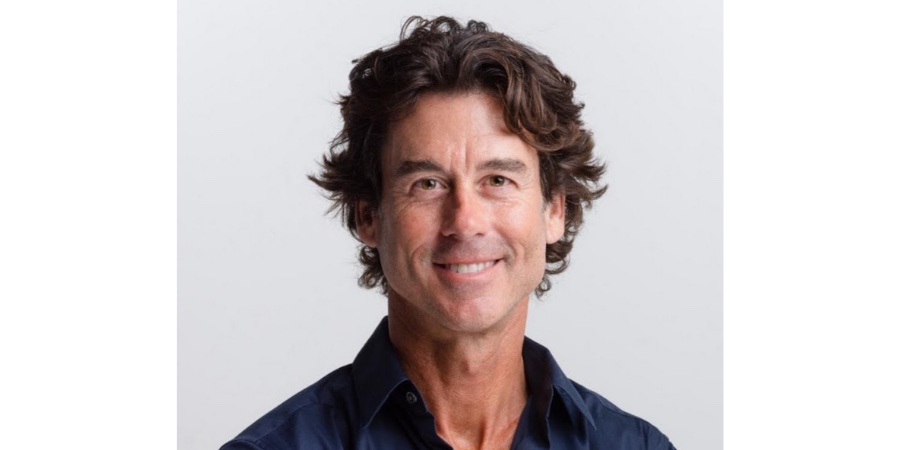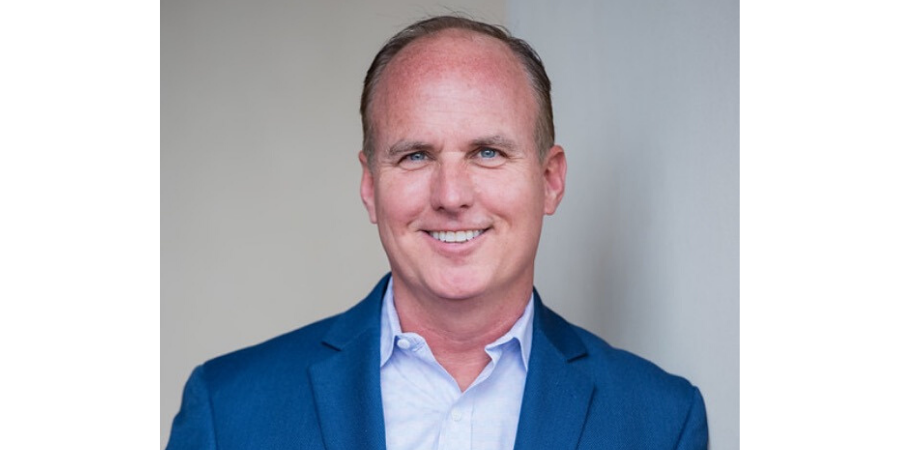Craig Dowden Ph.D., is a certified positive psychology coach. He is on a mission to share the science and practice of positive leadership. A longtime columnist at the Financial Post and the Huffington Post, and an upcoming column slated for Forbes, Craig combines years of interviewing and coaching top CEOs with his extensive knowledge of business psychology in his new book Do Good to Lead Well: The Science and Practice of Positive Leadership

Top Takeaways: The Science and Practice of Positive Leadership with Craig Dowden
- There is an intersection between the personality of people and the personality of organization/business
- Empirical data helps understand the intersection
- Motivating people and getting them on the same page is a familiar challenge in business
- Not just the right thing to do, this is the right thing to do for your business
- Incorrect assumption is that a positive environment can lead to slacking and goofing off
- Compelling data dispels this – research shows that focus, team synergy and positive leadership have measurable outcomes
- Universal choreography – opportunity all around and if we have our eyes open to them
- Is there a tradeoff between doing good and being a good leader?”
- Existential Crisis for leaders wondering if they do good and are positive, reinforcing and supportive can they still drive business results?
- Must you sacrifice your values as a leader to drive performance on the bottom line?
- Data shows these go together and make a great combination – doing good = leading well
- “ I’m tough on Standards and soft on my people”
- Consistency between values and lived behaviors is a critical component to success
- Toxic people can impact the entire team and even if they are top performers by themselves the team will collectively do better with them gone
- Bridge the gap between what Science knows and what Leaders do
- The idea is compelling but how do we do that?
- Apologizing leader – how effective is this when leading a team?
- Does it make a leader appear weak when giving an authentic apology? Respect/trust returns to baseline and often elevated. Can become a relationship enhancer when used appropriately. Powerful and often under-utilized tool.
- Behavior must change based on the apology or it becomes ineffective – articulate what you are sorry for and why it’s important
- What causes good people to become bad leaders? Where is the disconnect?
- We can have a self-awareness gap – most people believe they are “a people person” but the number 1 reason people leave organizations is due to “people/leadership issues”
- Lack of clarity into what “values” “stress” “pressure” means in an organization
- Avoid the extremes – if we are falling too far on either end of the spectrum we need to re-evaluate
- People have an amazing ability to forgive if given the opportunity
- Ego and lack of self-awareness has significant impact on successful leadership and our ability to reach our maximum potential
Listen to the Audio
Subscribe to the podcast – Never Miss an Episode
Learning From Leaders:
Current Book: The Fearless Organization: Creating Psychological Safety in the Workplace for Learning, Innovation, and Growth by Amy C. Edmondson
Leadership Superpower: Inspiration
Motivational Mantra:
[shareable]The answer is always NO if I don’t ask the question[/shareable]
Book Most Often Gifted: The Power of a Positive No: How to Say No and Still Get to Yes by William Ury
Additional Items Mentioned
Craig’s Website: Craigdowden.com
Do Good To Lead Well: The Science And Practice Of Positive Leadership by Craig Dowden



